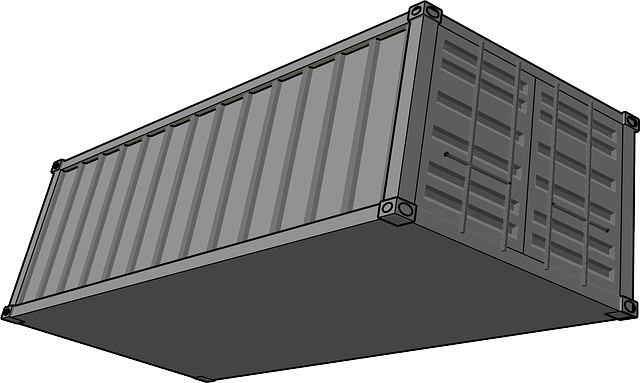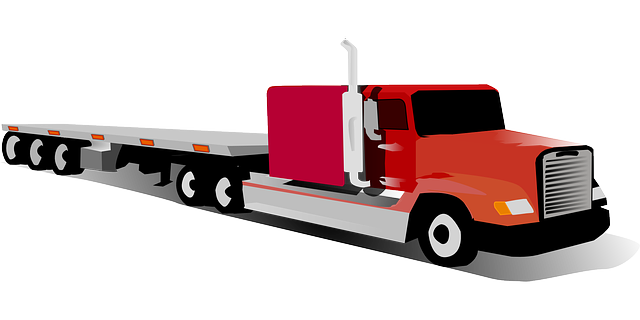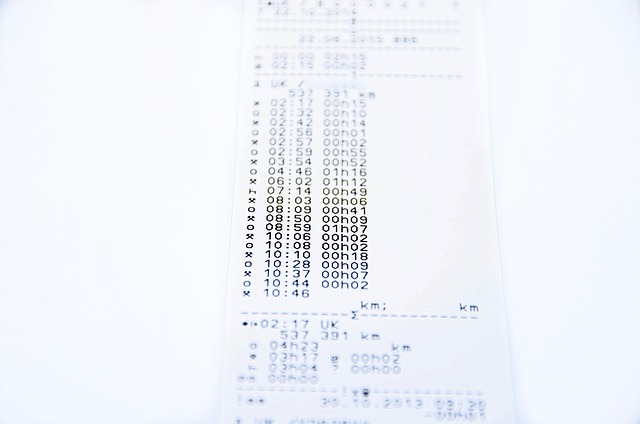Staying compliant with SR22 requirements is vital for trucking businesses to avoid financial and legal issues. The SR22 form proves a trucker's ability to meet federal insurance mandates, ensuring they can cover potential liabilities. Automating the renewal process through technology streamlines management, reduces human error, and saves time, maintaining continuous, up-to-date coverage. Strategic compliance involves keeping meticulous records, using centralized document management, proactive communication, and building strong relationships with insurers. Regular audits, periodic policy reviews, and meticulous record-keeping prevent coverage lapses and ensure trucking operations adhere to SR22 standards.
Maintaining SR22 insurance for trucking operations is non-negotiable, ensuring regulatory compliance and mitigating financial risks. This article guides you through efficient SR22 renewal management strategies, aiming to prevent costly coverage lapses. We explore key aspects such as understanding the intricacies of SR22 requirements, implementing automated renewal processes, adopting robust management strategies, and conducting regular audits for continuous improvement. By mastering SR22 compliance trucking, operators can navigate regulatory landscapes with confidence and ensure smooth business operations.
Understanding SR22 Requirements for Trucking Compliance

Staying compliant with SR22 requirements is paramount for trucking businesses aiming to avoid costly interruptions and legal repercussions. The SR22 form, known as the Financial Responsibility Insurance Form, is a crucial document in ensuring truckers meet specific insurance mandates set by federal regulations. These regulations demand proof of financial stability and ability to cover potential liabilities associated with trucking operations.
For trucking companies, understanding SR22 compliance involves grasping that the form signifies their commitment to meeting insurance obligations. It’s a guarantee that the operator can financially support their business and cover any damages or losses that may arise during transportation activities. By adhering to these requirements, truckers mitigate risks of coverage gaps and potential legal challenges, ensuring smooth operations and continued adherence to industry standards.
Automating the Renewal Process to Save Time and Reduce Errors

Automating the renewal process for SR22 insurance is a game-changer for trucking businesses aiming for SR22 compliance. By leveraging technology, companies can streamline the entire process, saving valuable time and minimizing the risk of errors that often plague manual methods. Automated systems can handle critical tasks like tracking policy expiration dates, triggering renewal reminders, and automatically updating important details without requiring constant human intervention.
This efficient approach ensures that trucking operations stay protected with up-to-date SR22 coverage, avoiding costly lapses. Moreover, automation liberates employees from tedious administrative work, enabling them to focus on core business activities. As a result, businesses can enhance their operational agility and maintain a competitive edge in the trucking industry while adhering to stringent SR22 compliance requirements.
Key Elements of a Successful SR22 Management Strategy

Maintaining SR22 compliance in the trucking industry is a multifaceted process, demanding a strategic approach to manage renewals efficiently. A successful strategy involves several key elements. Firstly, staying organized is paramount. This includes keeping accurate records of policy expiration dates, ensuring all necessary documentation is up-to-date, and implementing a centralized system for storing and managing important documents.
Secondly, proactive communication is essential. Regularly notifying drivers and stakeholders about impending renewal deadlines minimizes the risk of coverage lapses. Additionally, building relationships with insurance providers can facilitate smoother renewals, ensuring policies are renewed on time without unnecessary delays or complications. This strategic management not only prevents costly disruptions but also fosters a culture of SR22 compliance trucking.
Regular Audits and Record-Keeping for Continuous Improvement

Regular audits and meticulous record-keeping are cornerstones for maintaining SR22 compliance in trucking operations. By conducting periodic reviews of your policies, procedures, and documentation, you can identify areas for improvement and ensure that your company remains in adherence to all necessary regulations. This proactive approach allows for continuous adjustments to stay ahead of any changes in SR22 requirements, thereby preventing coverage lapses.
Effective record-keeping involves documenting every step of the renewal process, from initial application to final confirmation. This includes tracking policy updates, driver qualifications, insurance endorsements, and any other relevant data. A well-organized system not only facilitates quick reference during audits but also enables efficient troubleshooting in case of discrepancies or issues. Through regular reviews, trucking companies can foster a culture of SR22 compliance, ensuring that their operations remain smooth and legally sound.
Maintaining SR22 coverage is paramount for trucking businesses to avoid costly penalties and disruptions. By understanding the SR22 requirements, automating renewal processes, adopting a strategic management approach, and conducting regular audits, carriers can efficiently navigate the complexities of SR22 compliance. These practices ensure uninterrupted operations and allow trucking companies to focus on their core mission: delivering goods and services reliabley and safely. Ultimately, embracing these best practices fosters a culture of adherence to regulations and strengthens the overall stability of the trucking industry in terms of SR22 compliance.
